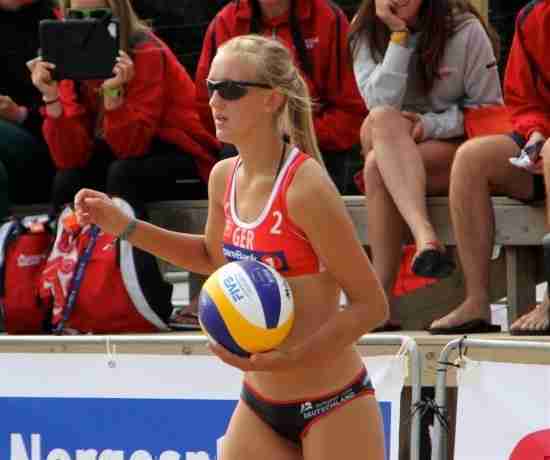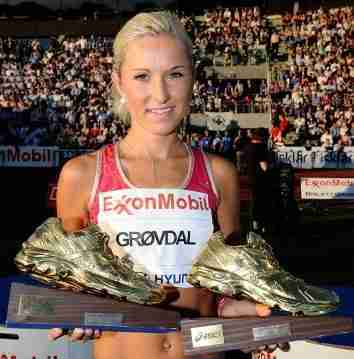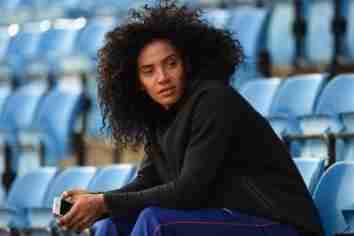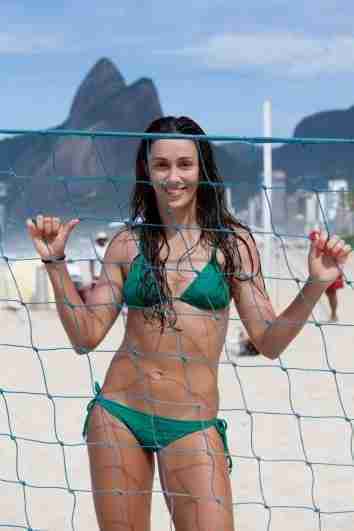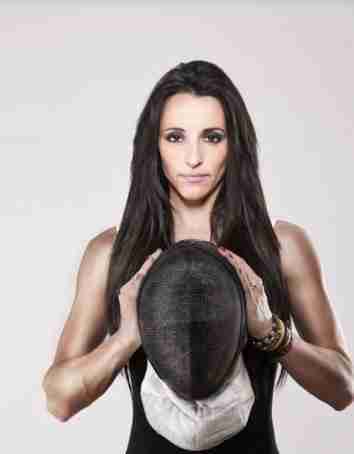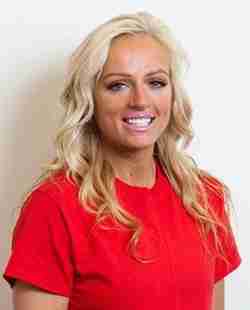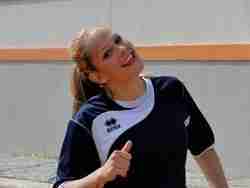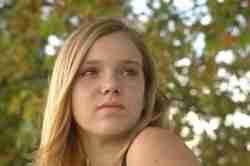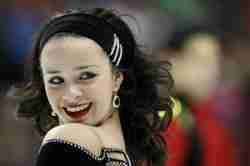Again, the good doctor has to ask…where is this beach in Norway that houses women like Sunniva Helland Hansen. I love Norway!
The good doctor loves it when Irish eyes are smiling! Especially if those eyes come from high jumper, Deirdre Ryan!
The good doctor loves female middle distance runners. They have endurance, and when it counts, so do I. As such, I have to wonder just how much endurance I will need for the Norwegian middle distance star, Karoline Bjerkeli Grovdal, though just saying her name three times takes some endurance skill!
There is a Sade like vibe with British sprinter, Ashleigh Nelson that the good doctor can’t stop dreaming about. Those exotic features stir me up every time!
Ah the beaches of Brazil. The good doctor is definitely going there despite the warnings not to, and I have found another reason to go in beach baby, Maria Clara Salgado, a Beach Volleyball star from South America. Amazingly, she is the second hottest in her family, if you noticed an earlier entry in Carolina Salgado.
Another fencer? Seriously, the good doctor had no idea that I would be looking at this sport has having multiple lookers on it, but with them competing in those masks, how was I to know what was underneath? Here is another one of my favorites, Italian, Elisa Di Francisca.
Is it just the good doctor, or does Kacie MacTavish have a similar vibe of a fellow Canadian, Pam Anderson? Whether she does or doesn’t, Kacie MacTavish fits as well in to this list as she does in her beach volleyball attire.
The good doctor loves how Switzerland is a nation that while small, has four official languages. If I cared to learn any of them I could tell Swiss soccer player, Sandra Betschart how cute she is in all of them.
The good doctor asks what you know about Argentine Wind surfing? Nothing? Neither do I. Except for one thing….Jazmin Lopez Becker is hot.
While the good doctor thinks that ice dancing is a silly sport, at least most of the women who participate in it are easy on the eyes. Case in point is Italian ice dancer, Anna Cappellini, who is really sweet to look at, but in Italy there are so many bellisima babes, so the odds that the one who took up ice dancing is attractive.


